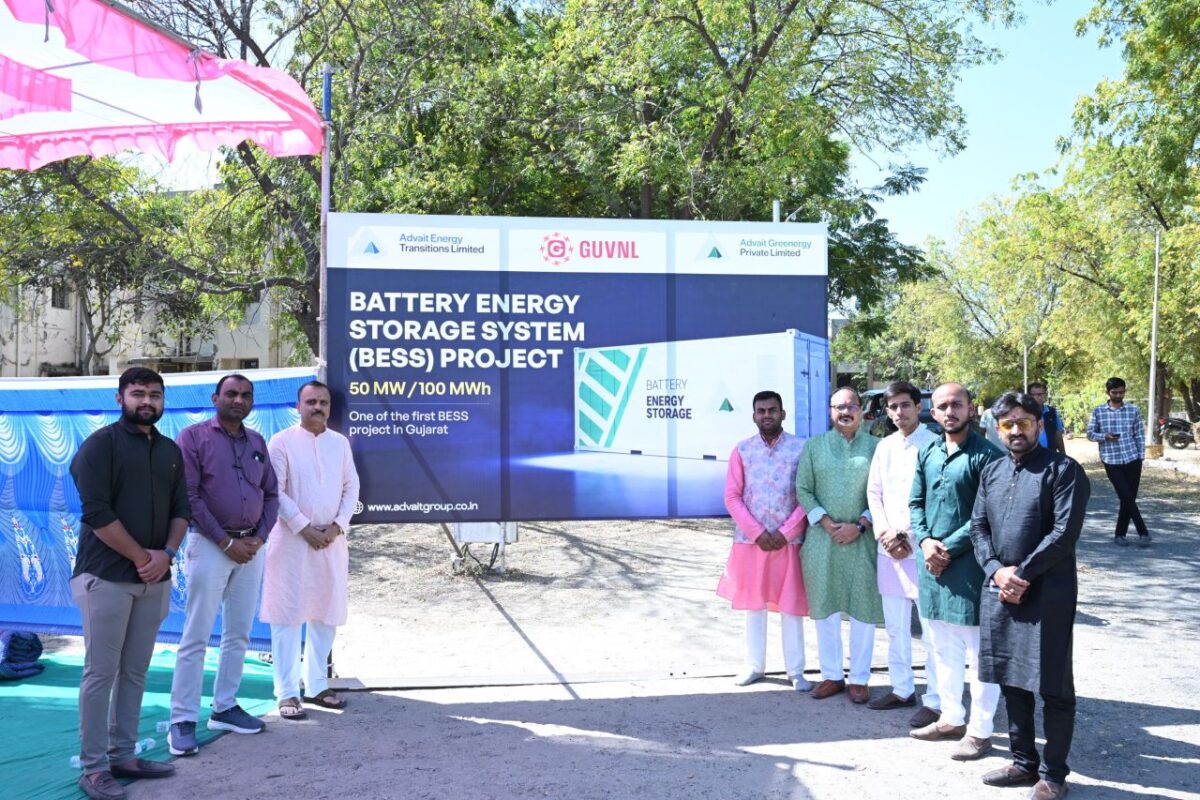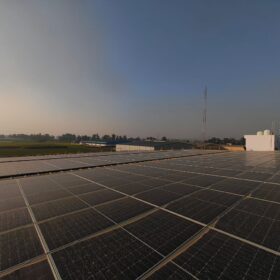India’s shift to renewable energy feels a lot like renovating the foundation of a building while people are still living in it. The walls are still standing, the activity continues, but what supports the entire structure is being strengthened and redesigned. This isn’t just a switch from coal to solar or wind, but a more profound shift in how the whole system operates.
As clean energy becomes central to the country’s growth plans, the job market around it is evolving quickly. Companies are looking for the right kind of people. Roles are becoming more specialised, combining engineering with digital skills, sustainability knowledge, and regulatory awareness. Also, new job roles are getting introduced, such as solar technician, IoT maintenance provider, and remote energy monitor, among others.
As Thomas Edison once said, “We will make electricity so cheap that only the rich will burn candles.” A century later, India is doing one better. It is not only making electricity affordable but also sustainable, and in the process, generating employment that lights up more than just homes.
Transitioning from Coal to Code
India’s energy employment story is no longer centred around smokestacks and coal yards. As growth in thermal power slows, hiring is pivoting toward roles linked to emerging technologies and decarbonisation. Roles in battery storage, energy trading analytics, and grid automation are replacing jobs in coal logistics and thermal plant operations. There is a clear shift from mechanical know-how to digital fluency.
This transformation is evident in utilities and power distribution companies. With reforms like the Revamped Distribution Sector Scheme (RDSS) accelerating digital adoption, even legacy-heavy organisations are investing in talent for metering automation, data-backed billing systems, and consumer analytics. For workforce planners, this evolution calls for a deeper understanding of how technology is influencing operations and which skill sets can best support the transition. It can help build teams that adapt to the next decade of energy innovation.
India’s green energy leap: Fueling opportunity
India’s commitment to renewable energy is now a defining feature of its development story. By March 2025, the country had successfully installed renewable energy capacity that surpassed 220 GW, led by strong growth in solar and wind energy. This is setting the foundation of a new job market. Meanwhile, the Indian government’s plans to set up 50 solar parks and multiple wind corridors across the states are further leading to job opportunities. It is fueling the demand for talent in solar EPC (Engineering, Procurement and Construction), wind turbine technology, energy trading analytics, and green infrastructure projects. These sectors are becoming the new mainstream.
Specialised roles are emerging in the green economy
This transformation is catalysing a new generation of professionals. Companies are hiring for greenfield expansion in manufacturing, data centres, and clean energy installations. The focus is on roles that combine engineering with digital skills. Global Capability Centres (GCCs) are now driving this change. These centres, once limited to backend operations, are now building core capabilities in grid automation, energy analytics, and ESG compliance. As a result, companies need professionals who understand both energy systems and technology platforms.
At the same time, the National Green Hydrogen Mission is opening up a new set of roles. There is a rising demand for experts in electrolyser design, hydrogen storage, and safety systems. These jobs didn’t exist in the Indian market until recently. Now, companies in hydrogen production and green ammonia are hiring for R&D, plant operations, and regulatory functions. This signals a clear shift in the energy workforce, from legacy thermal roles to clean energy and sustainability-focused careers.
Hiring growth is strong but strategic and sector-specific
Hiring in the Power and Energy sector is rising, but growth is selective. About 53% of employers plan to add jobs, mainly due to new investments in renewable energy, transmission upgrades, and reforms under the Revamped Distribution Sector Scheme (RDSS). Companies are focusing on roles linked to project execution, solar EPC, grid modernisation, and sustainability. The expansion reflects a shift toward cleaner energy and improved infrastructure.
At the same time, 23% of employers expect to reduce staff. Most of these reductions are in thermal power, where operations are being streamlined to cut costs. DISCOM restructuring and efficiency drives are also contributing to job cuts. Another 24% of employers expect no change in headcount, often due to delays in tariffs or unresolved Power Purchase Agreements (PPAs). This suggests that the green transition is not an all-at-once phenomenon—it’s a phased, policy-sensitive rebalancing of workforce needs.
Companies focus on core talent instead of mass hiring
The nature of hiring is also evolving. Instead of scaling headcount across departments, companies are selectively building capabilities in high-impact areas. Recent hiring trends indicate that 30% of employers across various industries expect workforce expansion to remain under 10%, while only 17% anticipate stronger growth. This marks a shift away from bulk hiring and toward a more skill-intensive approach to workforce planning.
In the power and energy sector, much of the recruitment activity is now concentrated in niche functions, such as solar project management, smart grid systems, and digital energy operations, which are seeing rising demand. At the same time, firms are seeking professionals who not only understand technology but also regulatory compliance, climate frameworks, and financial structuring for sustainability-linked projects. As hiring becomes more targeted, workforce advisors and staffing firms are increasingly playing a role in aligning specialised talent with sector-specific needs, especially in navigating a tight and evolving skills market.
Reskilling the workforce of tomorrow
The ongoing structural shift calls for a new mindset and skill set. When hiring, employers expect professionals to be digitally fluent, data-aware, and climate-conscious. There is a growing demand for talent that can manage smart systems, such as IoT-enabled grids, as well as monitor performance in real-time.
Skills related to ESG compliance, carbon footprint analysis, and next-generation energy technologies, such as hydrogen fuel systems and battery storage, are also becoming essential. For many companies, this changing demand presents a talent gap. Staffing and workforce solutions firms are playing a key role in bridging that gap by helping organisations identify emerging skill needs, design reskilling strategies, and access talent that’s ready for the transition. What was once a specialised capability is now a core requirement.
Conclusion
The renewable energy revolution is not just electrifying homes but also energising careers. India’s transition toward green power is reshaping the job market, not with sudden disruptions, but with steady realignment that values foresight, specialisation, and sustainability. The renewable sector has gradually become a hotbed for innovation, investment, and intellectual capital. The transformation is well underway, and while it may not be loud, it is deeply consequential. As India powers its future through the sun, wind, and water, it is also building a workforce ready to meet that future, with new skills, new opportunities, and a greener vision of progress.
The views and opinions expressed in this article are the author’s own, and do not necessarily reflect those held by pv magazine.
This content is protected by copyright and may not be reused. If you want to cooperate with us and would like to reuse some of our content, please contact: editors@pv-magazine.com.








Great insights into how renewables are driving employment across India! As someone working in the solar EPC space, I’ve seen firsthand how clean energy projects create both direct and indirect job opportunities—especially in rural areas. We’ve documented a few such case studies at Galileo Energies, where local teams have been trained and employed on utility-scale installations. Exciting times ahead for green careers!